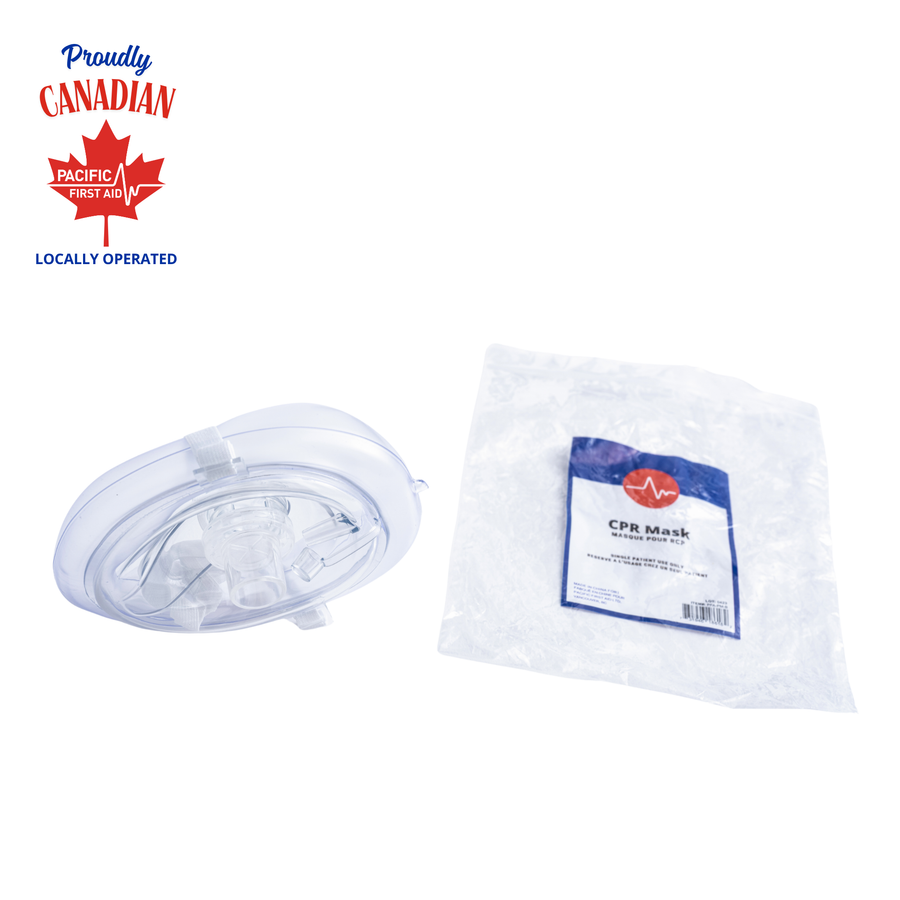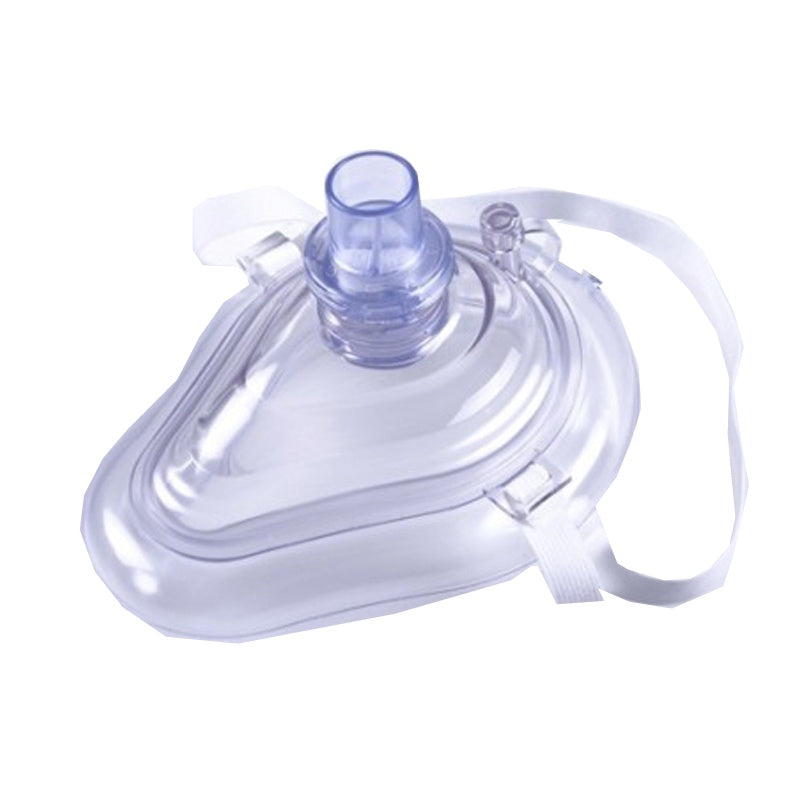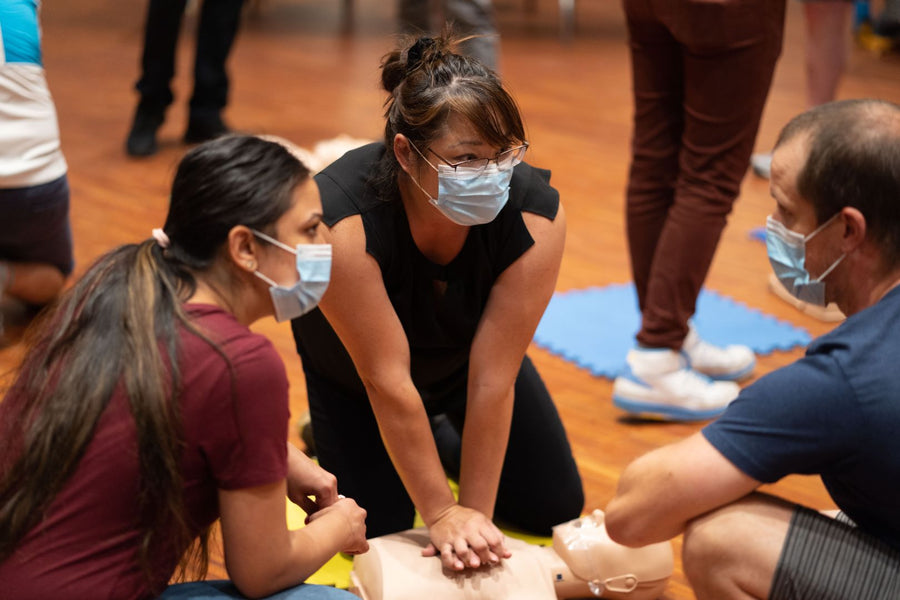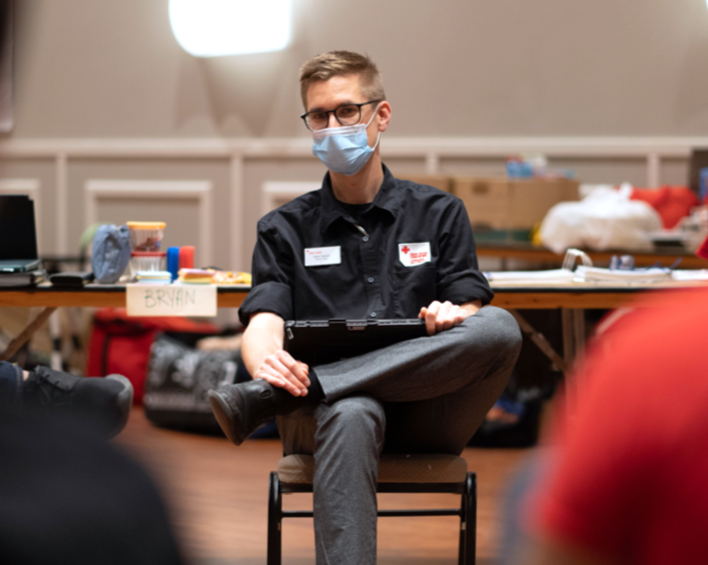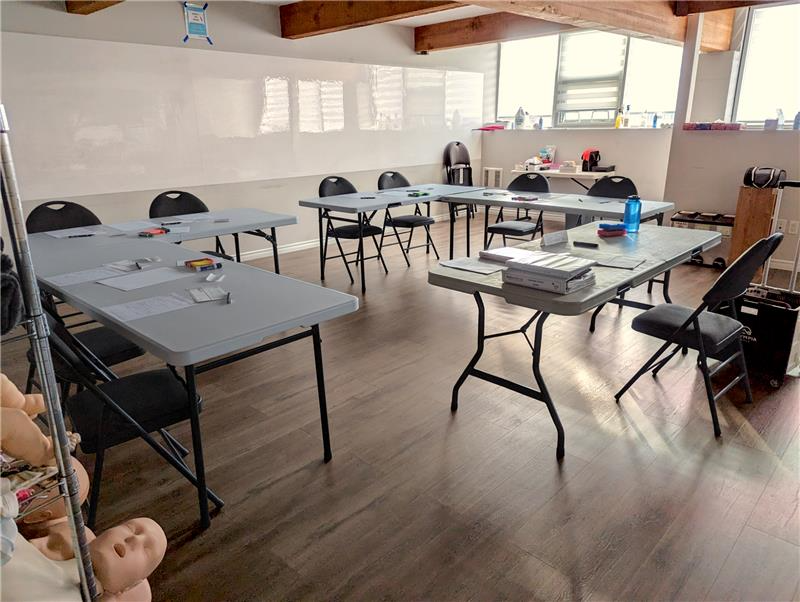
COVID-19: B.C. waste water being tested for novel coronavirus
Photo Credit: Giorgio Trovato
The B.C. Centre for Disease Control has been testing waste water for the novel coronavirus over the past five weeks.
Provincial health officer Dr. Bonnie Henry said the centre was working with the Canadian Waste Water Association in a bid to detect COVID-19 RNA in feces and urine, based on a report out of Italy that showed the disease showed up on human waste.
“It’s going to be helpful,” Henry said. “But it’s not a simple thing, you have to have a reasonable sample and then look for the virus in that sample.”
She said the BCCDC was already a leader in water testing for parasites and methodology development.
So far, no COVID-19 RNA has been found in B.C. samples.
However, Henry said this sort of sampling would be particularly useful in small communities.
On Tuesday, Henry and Health Minister Adrian Dix presented an epidemiology report outlining how and where the virus had affected people in B.C.
The report showed that the COVID-19 case curve remained flat in B.C., while in the U.S. and Brazil it was continuing to accelerate.
It also showed that social contacts in B.C. were at about 65 per cent of what they were before the disease appeared in late January, and this was the point at which the disease could be controlled until a vaccine arrived.
“Our models suggest that contact rates since mid-May are roughly 65 per cent of normal, which is roughly the threshold for a rebound in cases,” the report states.
People are also gradually returning to public transit and work spaces, though still well below pre-COVID levels.
The B.C. government is ensuring any migrant worker coming to the province is isolated for two weeks before going to their farm. So far, 27 workers had tested positive while in isolation.
Health authorities are now putting maximum effort into contact tracing to ensure they find anyone exposed to a COVID-positive person within two days.
“As we have relaxed distancing measures, strong contact tracing in B.C. has provided a buffer against renewed growth of cases,” the report states.
“As we further relax, the completeness and rapidity of contact tracing will be even more important for controlling transmission, in combination with self-isolation by sick individuals and strict hygiene practices.”
Henry said that here have been 13 new cases of COVID-19 reported between noon Monday and noon Tuesday, and that 16 cases were in hospital including seven in intensive care. These number are rising slightly.
She said that a senior living in a long-term care facility in the Vancouver Coastal Health region had died during the same period, bringing the death toll to 169.
Sourced From: dcarrigg@postmedia.com - Vancouver Sun


